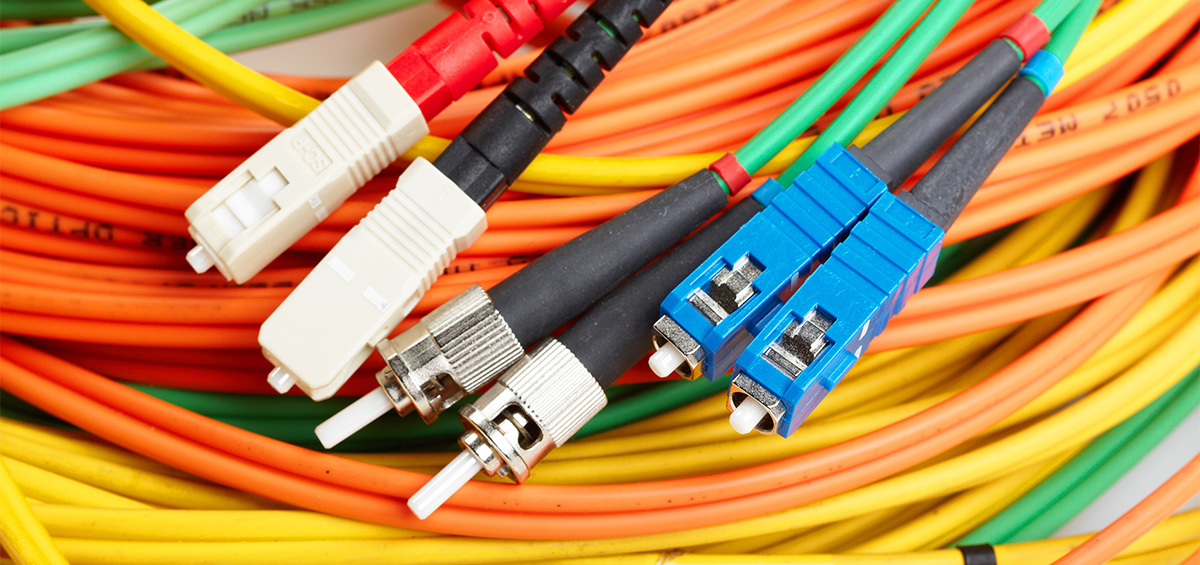The Hidden Benefits of Fiberoptic Web Access You Need to Know

In today's digital era, possessing a reliable online link is increasingly essential nowadays. As we more and more rely on digital services for employment, entertainment, and communication, the infrastructure that supports our connectivity becomes a pivotal factor in our everyday existence. Hence is where fiber optic internet comes into play, emerging as a revolutionary force in the realm of internet options. Utilizing FTTH Internet cutting-edge technology, fiber internet not just offers incredible velocity and provides a host of advantages that can enhance your online experience greatly.
From smooth streaming video playback to uninterrupted video call conversations, fiber optic connections bring a level of capability that conventional cable or DSL connections cannot match. As households and businesses alike embrace this cutting-edge technology, the query emerges: what are the underlying advantages of making the switch to fiber optic broadband? Whether Fiber Optic Internet are a telecommuter, a gaming enthusiast, or someone who enjoys viewing films in 4K resolution, understanding the benefits of fiber broadband can aid in understanding why it is considered the future of connectivity.
Major Perks of Fiber Internet
Fiber internet offers unmatched speed that effortlessly exceeds conventional internet choices. With download speeds up to as high as 1 Gbps and beyond, customers can witness quicker downloads and uploads, which makes it great for uses like video streaming and video gaming. This ultra-fast connection removes buffering and latency, offering a seamless online interaction, whether you are telecommuting or watching your favorite shows.

Dependability is a further crucial benefit of fiber optic internet. Unlike cable internet or DSL, optical networks are less prone to disruption from weather conditions and are built to sustain quality even during busy usage times. This signifies that households can depend on a consistent internet service for their everyday needs, accommodating multiple devices and individuals without experiencing slowdowns.
Security is a major advantage of fiber technology. Fiber optic internet is intrinsically protected than traditional broadband links, as it is difficult to tap into fiber wires without being detected. This makes it an ideal choice for homes and companies that emphasize data safety. With the rise of remote work, connected devices, and online activities, fiber internet boosts both convenience and safety for its customers.
Fiber Internet vs. Legacy Services
When comparing optical fiber connectivity to traditional options like cable and DSL, the first notable difference is how fast data is transferred. Optical fiber internet offers dramatically faster data transfer speeds, often exceeding 1 Gbps. This speed advantage allows users to stream content in 4K resolution, retrieve hefty files within seconds, and enjoy smooth gaming sessions without interruptions. Legacy services have difficulty meeting the demands of contemporary homes and firms, notably those that rely on multiple devices simultaneously.
Reliability is another aspect where fiber significantly outshines its traditional counterparts. Fiber lines are not as vulnerable to disturbances by electrical signals and natural influences, providing stable and reliable connectivity. While DSL and cable internet can see performance drops during busiest periods or adverse weather conditions, fiber retains its speed, ensuring that users keep their connections active when it matters most. This dependability is necessary for work-from-home setups and important activities like remote health consultations.
In terms of protection, fiber internet offers superior safeguards against hacks and privacy violations. The nature of fiber optics means that information flow is much more difficult to intercept as against traditional copper wiring used in conventional ISP offerings. As digital security becomes increasingly important, the unique strengths of fiber make it a prudent decision for individual users and companies looking to protect their internet usage.
The Future of Fiber Connectivity
As we look ahead, fiber optic internet stands as a symbol of connectivity for different dimensions of life, from individual applications to business applications. The rising demand for high-speed internet keeps rising, driven by developments in technology and the surging need for effective communication. Fiber optics not just meets such demands but surpass them, providing unparalleled speed and stability. As homes and businesses adopt IoT devices and connected technologies, fiber connectivity becomes vital for managing the vast data generated.
The shift to fiber optic internet is not only helpful but necessary for securing our digital lifestyles. With the ability to support greater bandwidth demands, fiber internet ensures seamless experiences in streaming, gaming, and cloud computing. Households and workplaces alike will find that investing in fiber is more than just upgrading internet speed; it’s about enhancing productivity and creating a sustainable environment for virtual communication. The movement to fiber is a promise of what connectivity can realize in an ever-evolving technological landscape.
Furthermore, as urban and rural areas alike advocate for improved infrastructure, fiber optic internet plays a crucial role in bridging the digital divide. By providing equitable access to high-speed internet, fiber helps foster community engagement and economic growth. In a world where connectivity defines success, fiber optic technology is at the forefront toward a more integrated, productive, and creative future, making it the cornerstone of modern communication and interaction.
